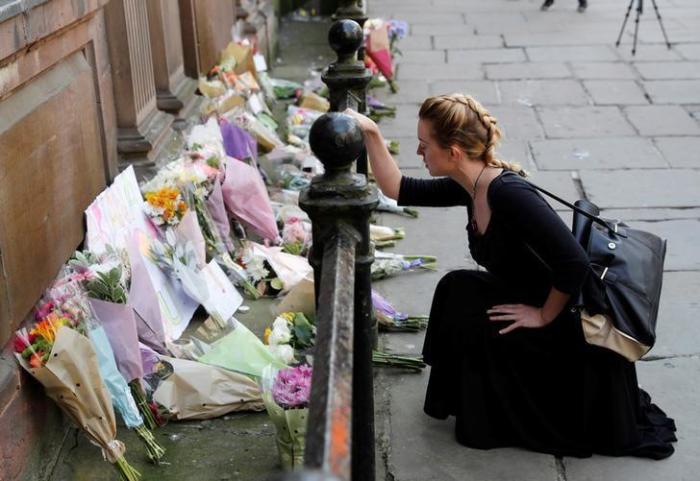'Soldier of Allah' Won't Face Terror Charges Because of Facebook Settings

A Muslim convert in the United Kingdom threatened to blow up a hospital but authorities could not charge him under the Terrorism Act because his Facebook profile was set to "private."
Leroy McCarthy, the 22-year-old convert, alluded to blowing up Furness General Hospital in Barrow-in-Furness in Cumbria in a Facebook post: "They wouldn't be able to evacuate all of FGH's patients in time before at least one of the three explosions," according to The Telegraph, which says he also described a murdered soldier, Lee Rigby, as a "white coward who invades countries and rapes people" and said he planned to leave the U.K. to "join my people's cause."
Yet McCarthy, who also uses the name Abdullah Mahmood, was jailed for only 18 weeks because his Facebook profile was set to "private," meaning the posts could only be read by his 340 friends. He pleaded guilty to posting a message that was "grossly offensive or of an indecent, obscene or menacing character," an offense under the U.K.'s Communications Act.
"He clearly intended to encourage and incite acts and should face the full force of the law to do so," David TC Davies, a Conservative lawmaker for Monmouthshire and a former serving police officer, was quoted as saying. "I think this worrying case highlights why the law needs to be changed to be further tightened up to prevent terrorist sympathisers and people encouraging violent acts from spreading their hate-filled messages whatever their Facebook settings are."
In May, British intelligence officers said that the U.K. is home to 23,000 jihadist extremists who are potential attackers.
Officials had earlier said that about 3,000 people in the country were known by them for posing a threat and who were under investigation, but there are 20,000 others who have featured in previous inquiries and are categorized as posing a "residual risk," the U.K.'s Sunday Times newspaper quoted Whitehall sources as saying at the time.
The revelation came after a bomber killed 22 people, including children, in a suicide bomb attack in Manchester in May.
At least 59 others were injured in the bombing at singer Ariana Grande's night concert. The explosion took place as the concert was ending and people were leaving, with children younger than 10 years old being among the dead. The bomber died at the scene.
England suffered another terror attack back in March, when five people were killed and 50 others were injured after a man ploughed a car into pedestrians on Westminster Bridge in London, before getting out and stabbing an officer to death.




























